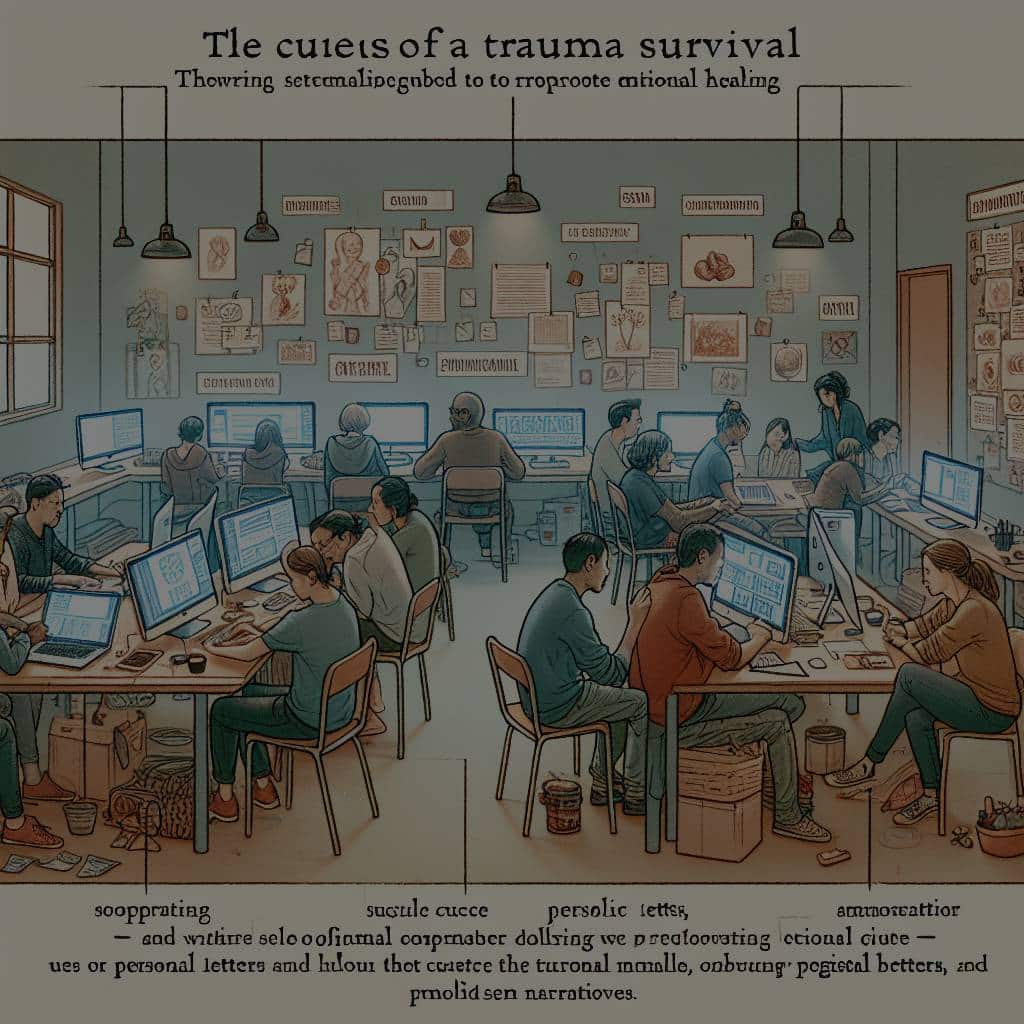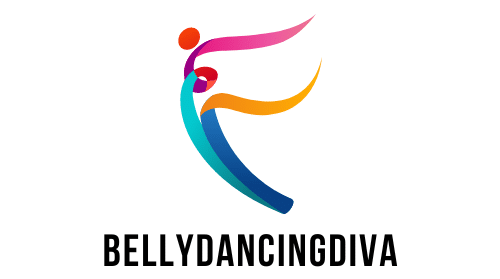Can Digital Storytelling Workshops Promote Emotional Healing in Trauma Survivors?

In an era where digital technology is pervading every aspect of life, we have started exploring its potential for healing. Digital storytelling, a blend of narrative and new media, is emerging as a promising therapeutic approach, especially for trauma survivors. This article delves into the question: Can digital storytelling workshops promote emotional healing in trauma survivors? To answer this, we explore various aspects, from understanding digital storytelling and trauma to examining empirical evidence from scholars and studies found in Google Scholar, PubMed, and Crossref.
Understanding Digital Storytelling
Digital storytelling is a modern take on the ancient art of storytelling. It combines narratives with digital media, such as images, sound, and video, to tell a story. The rise of affordable technology and the internet has made it easy for anyone to become a digital storyteller. This form of storytelling has been employed in many areas, from education to marketing, but its application in therapy is particularly noteworthy.
A lire aussi : What Role Does Peer Mentorship Play in the Social Integration of Individuals with Autism Spectrum Disorder?
Digital storytelling workshops are places where individuals can learn to craft their own stories. These workshops, guided by professionals, often use a range of media tools to help participants express their stories more effectively. They encourage people to share personal experiences, promoting empathy and understanding among the group. A digital storytelling workshop is not just about learning new skills; it’s a space for personal growth and transformation.
The Impact of Trauma and the Need for Healing
Trauma is a complex and multifaceted issue. It refers to experiences of intense physical or psychological distress resulting from being exposed to an event that is overwhelmingly distressing, such as violence or a natural disaster. Trauma can affect individuals in many ways, from cognitive and emotional impacts to physical and behavioral effects. The impact of trauma extends beyond the individual, affecting relationships and communities.
Dans le meme genre : Can Community-Run Repair Cafés Reduce Stress and Boost Self-Efficacy by Teaching Practical Skills?
Healing from trauma is a journey that requires time, patience, and often professional help. Traditional therapeutic approaches, such as cognitive-behavioral therapy, are widely used but may not suit everyone. This is where novel approaches like digital storytelling can come into play. The process of creating a narrative around traumatic experiences can help individuals make sense of their experiences and promote emotional healing.
Digital Storytelling as Therapeutic Tool
The idea of using storytelling for therapeutic purposes is not new. Narrative therapy, based on the idea that our identities are shaped by the stories we tell about our lives, has been used for decades. What digital storytelling brings to the table is the use of technology to enhance the therapeutic benefits of storytelling.
A study indexed in Google Scholar by a group of scholars demonstrated the positive effects of digital storytelling in a group of trauma survivors. The study, which had a DOI reference, found that participants reported a reduction in symptoms of post-traumatic stress disorder (PTSD) after attending digital storytelling workshops. Another study in the PubMed Central (PMC) database found similar results, with participants noting increased feelings of self-efficacy and empowerment.
Trauma Survivors and the Digital Space
Trauma survivors often find it difficult to share their experiences, either due to feelings of shame or fear of judgment. The digital space provides an environment where they can share their stories with a level of anonymity if desired. This can be a significant first step towards healing.
Digital storytelling also allows for control over the narrative. Trauma survivors can choose what they want to share, how they want to share it, and who they want to share it with. This can help them regain a sense of control, which is often lost in traumatic situations.
Furthermore, the ability to use multimedia elements in digital storytelling can help trauma survivors express their experiences more fully. For example, a film-based narrative can communicate non-verbal cues and nuances that might be difficult to express through words alone.
The Role of Digital Storytelling in Health
The use of digital storytelling in health has been growing in recent years. One area where it has shown promising results is in mental health. The process of creating a digital story can be therapeutic in itself, helping individuals process their experiences and express their feelings.
In addition, digital stories can be shared, promoting empathy and understanding among viewers. This can break down stigma and isolation, both of which can exacerbate mental health issues.
In conclusion, there is growing evidence to suggest that digital storytelling can promote emotional healing in trauma survivors. It is a tool that not only harnesses the power of narrative but also leverages the potential of digital technology. However, more research is needed to further understand its potential and to refine its application in therapeutic settings.
Exploring Studies on Digital Storytelling and Trauma
The assertion that digital storytelling has therapeutic benefits is not based merely on speculative hypothesis; it is supported by various studies indexed in scholarly databases like Google Scholar, PubMed, and CrossRef. These studies explore the application and effects of digital storytelling in a variety of contexts, such as art therapy, media psychology, and public health, among others.
One such study, available as a free article on PubMed, examined the use of digital storytelling in a group of young people who had experienced trauma. The study concluded that the process of creating a digital story was, in itself, a form of narrative-based therapy. The participants reported feeling a greater sense of control over their experiences and a reduction in symptoms associated with post-traumatic stress disorder.
A different study, findable on Google Scholar with a DOI reference, delved into the use of virtual reality as a component of digital storytelling. The study indicated that the immersive nature of virtual reality can enhance the therapeutic benefits of storytelling, helping individuals fully engage with their narrative.
Yet another interesting study available on CrossRef investigated the use of digital storytelling in a public health setting. It found that digital storytelling can function as a powerful tool for health education, promoting empathy and understanding among the public.
These studies, among others, provide empirical evidence to suggest that digital storytelling can be a viable tool for promoting emotional healing among trauma survivors.
Conclusions and Future Considerations
The exploration of digital storytelling as a therapeutic tool for trauma survivors is a promising field that merges narrative-based therapy, digital technology, and elements from various disciplines such as art and media psychology. Presented studies, available through platforms such as Google Scholar, PubMed, and CrossRef, suggest that digital storytelling can facilitate emotional healing, empower individuals, and bring about an increased sense of self-efficacy.
The digital space provides trauma survivors with a safe platform to share their experiences, fostering healing by expressing their stories through various multimedia elements. The combination of text, images, sound, and video provides a dynamic method of expression, which can be particularly beneficial for those finding difficulty in verbalizing their experiences.
Nevertheless, it is critical to acknowledge that the field of digital storytelling is still evolving, necessitating further research to refine its application. More studies are needed to establish guidelines for its usage, understand its long-term effects, and develop strategies to effectively integrate it into traditional therapeutic approaches.
In conclusion, digital storytelling workshops can be a powerful tool in the arsenal of therapeutic interventions for trauma survivors. They leverage the power of narrative and digital technology to provide a safe and creative space for emotional healing. Despite needing further research, the potential of digital storytelling is undeniable and could transform the landscape of therapy for trauma survivors.
